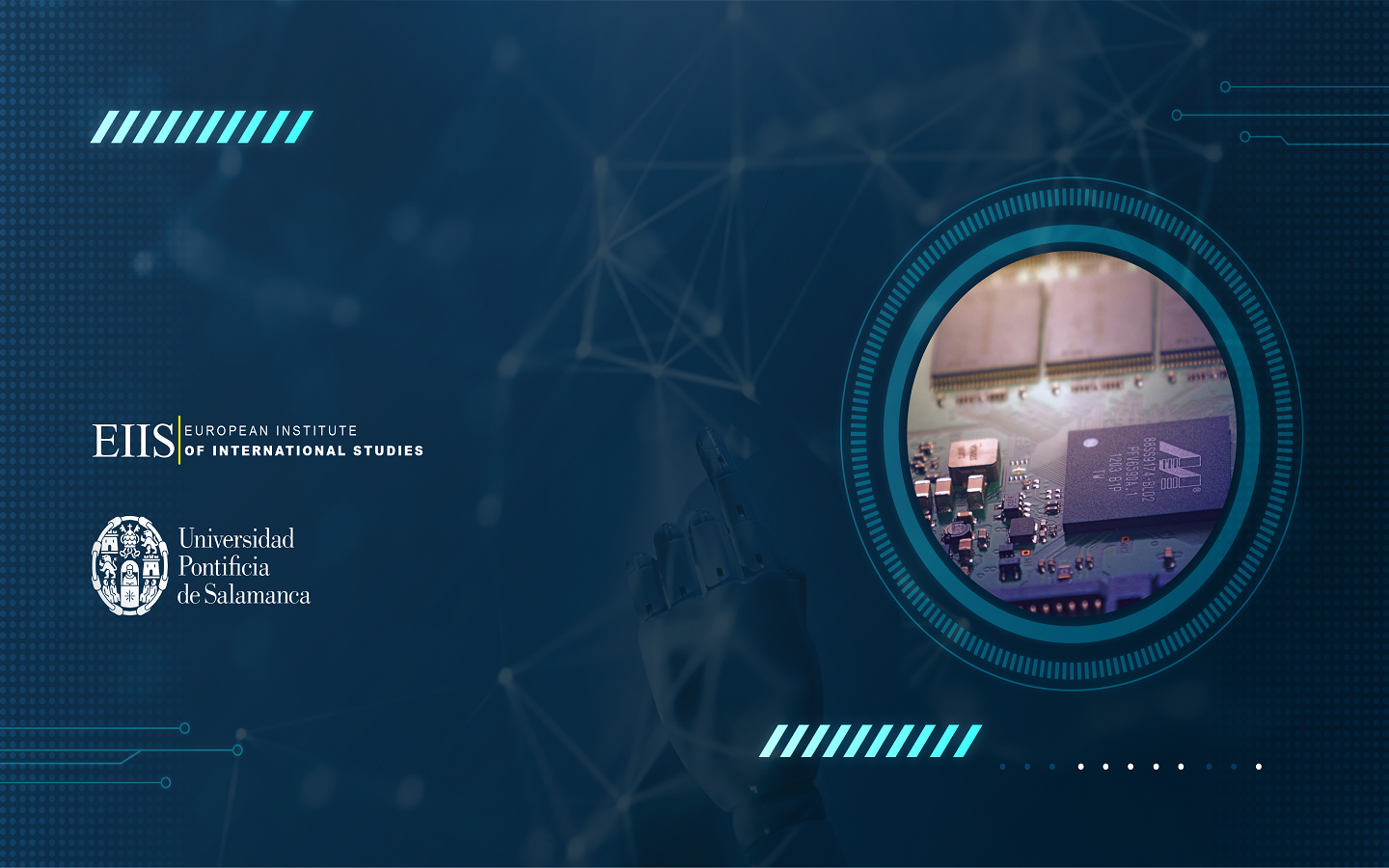
The Permanent Secretariat of the Latin American and Caribbean Economic System (SELA), as part of its training programme for diplomats and senior officials in areas related to diplomacy, technology and cyberspace governance, is offering this year the Course on “Artificial Intelligence and Diplomacy: International relations in the era of disruptive technologies,” with the objective of promoting the development of negotiating skills for a better understanding of the application of diplomacy to political and geopolitical problems arising in cyberspace.
Diplomacy is the conduit par excellence for the peaceful resolution of conflicts, the promotion of peace and international cooperation, especially in the face of new challenges on the global stage. It is therefore essential that Ministries of Foreign Affairs and other governmental institutions equip their diplomatic officials and senior civil servants with professional tools that will enable them to adapt to the new international dynamics.
SELA and the European Institute of International Studies (IEEI), in collaboration with the Pontifical University of Salamanca, are contributing to Latin American and Caribbean countries in understanding the new forms of diplomacy and its challenges and opportunities, by providing training courses to develop and deepen the professional skills of their officials.
Global dynamics demand that the institutions responsible for the international agenda place the issue of internet governance and international cybersecurity at the centre of their foreign policies and international strategies, as well as the interrelationship they must develop with the technology industry. To that end, it is relevant to have personnel specialised in the progress and development of the technology industry, with the knowledge and skills to effectively play their role in the management of international governance and online security.
So far, the digital era is led and governed by the so-called Big Tech Companies, which use Artificial Intelligence (AI) to produce their goods and services; their economic power and external action have geopolitical implications. Both factors (economic and geopolitical) make Big Tech Companies the new de facto global players. AI is impacting sectors such as transportation, banking and finance, education, and health. It is therefore changing traditional economic, financial, and commercial systems. But the use of AI also causes alterations in the political systems of countries, through actions by companies or groups of power and influence that conduct information and disinformation campaigns, even in electoral processes or political situations.
Cyberspace has been created and is managed by Big Tech companies, mainly American and Chinese. In this sense, Latin American and Caribbean countries, along with other blocs of countries, share the common challenge of inserting themselves in a digital transition that is fair and balanced for all.
The use of AI urges countries to rethink their international relations, their foreign policy priorities, and their diplomacy. Knowing and understanding what is happening in the world is a diplomat’s responsibility; developing policies appropriate to the current and future world, as well as implementing foreign policy with third countries, at bilateral, regional, inter-regional and multilateral levels, is the responsibility of a country’s foreign services.
In this context, this course aims to raise awareness of the challenges that AI represents for diplomacy on the basis that, in today’s world of the digital era, cyberspace has become one of the main fields of action for governments, public institutions, businesses, civil society and citizens.
Dates: 1 and 2 July 2024
Duration: 10 hours
Modality: Virtual
